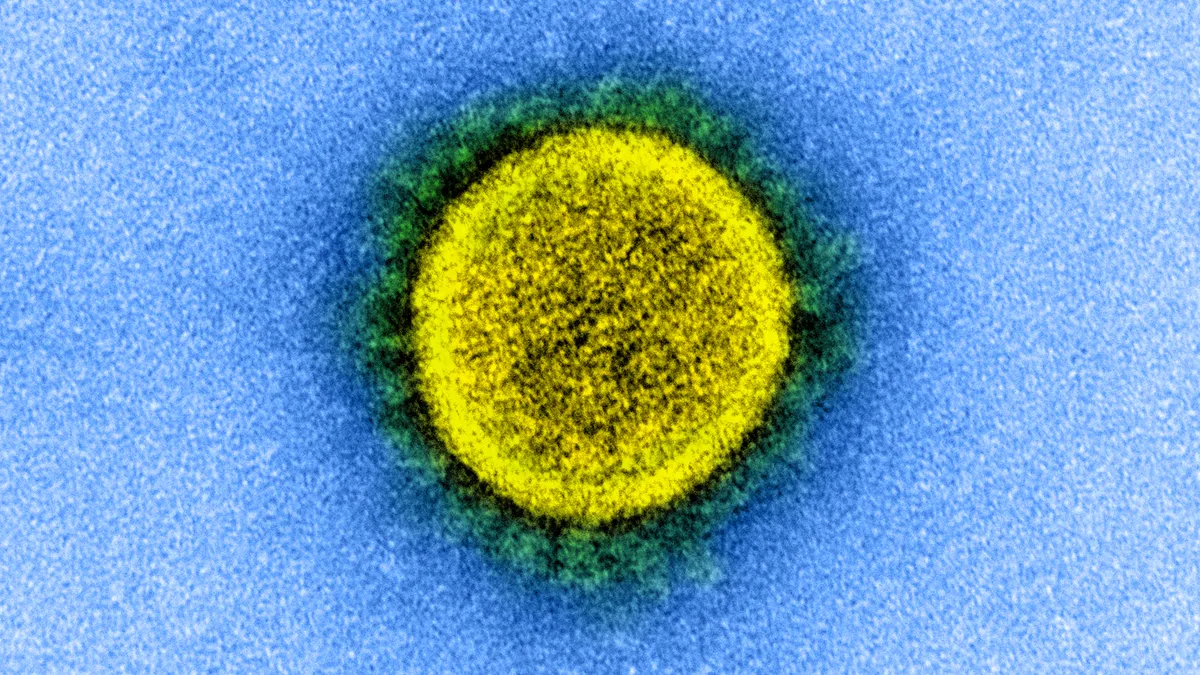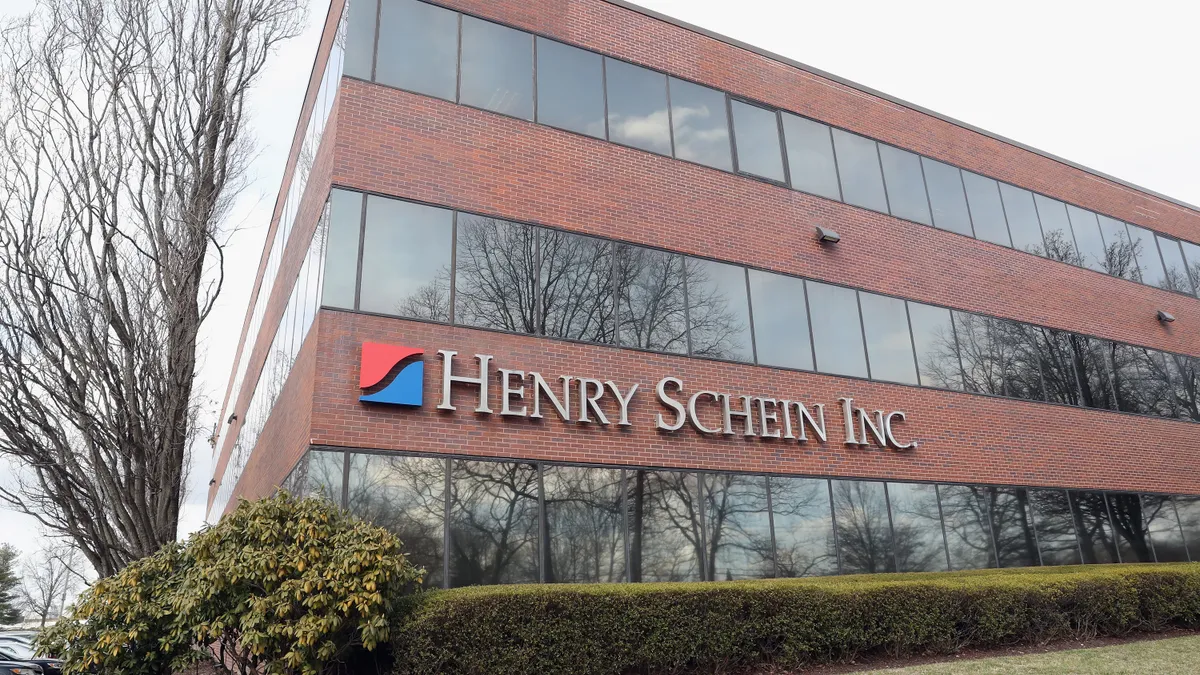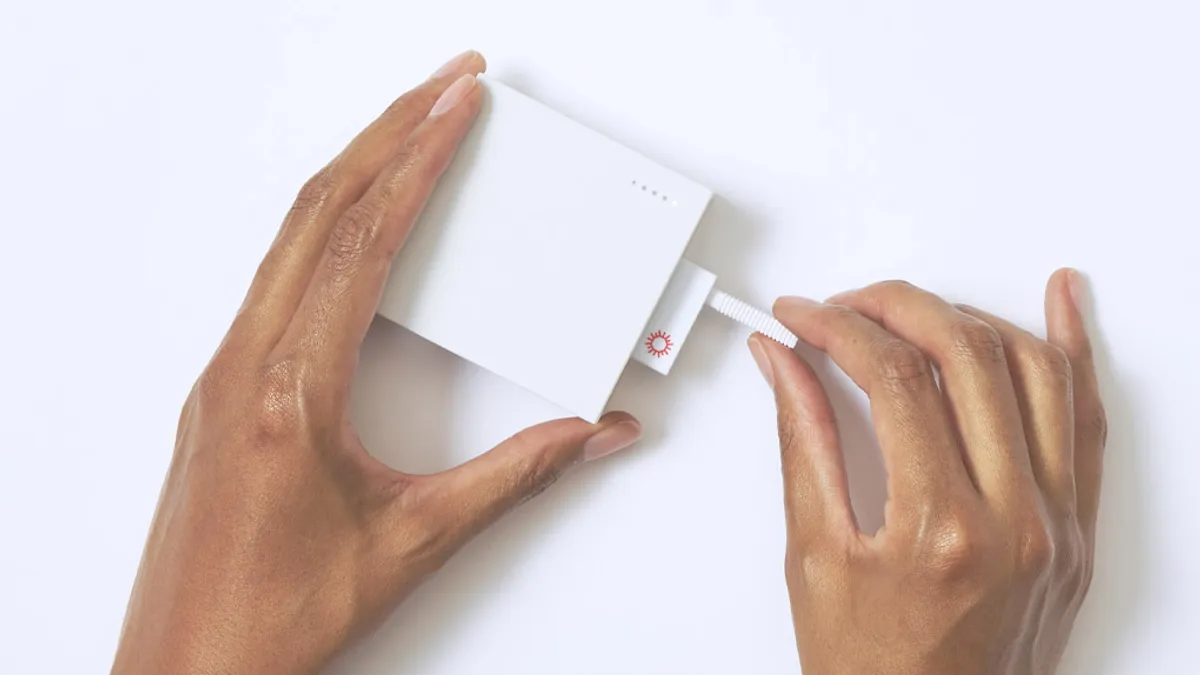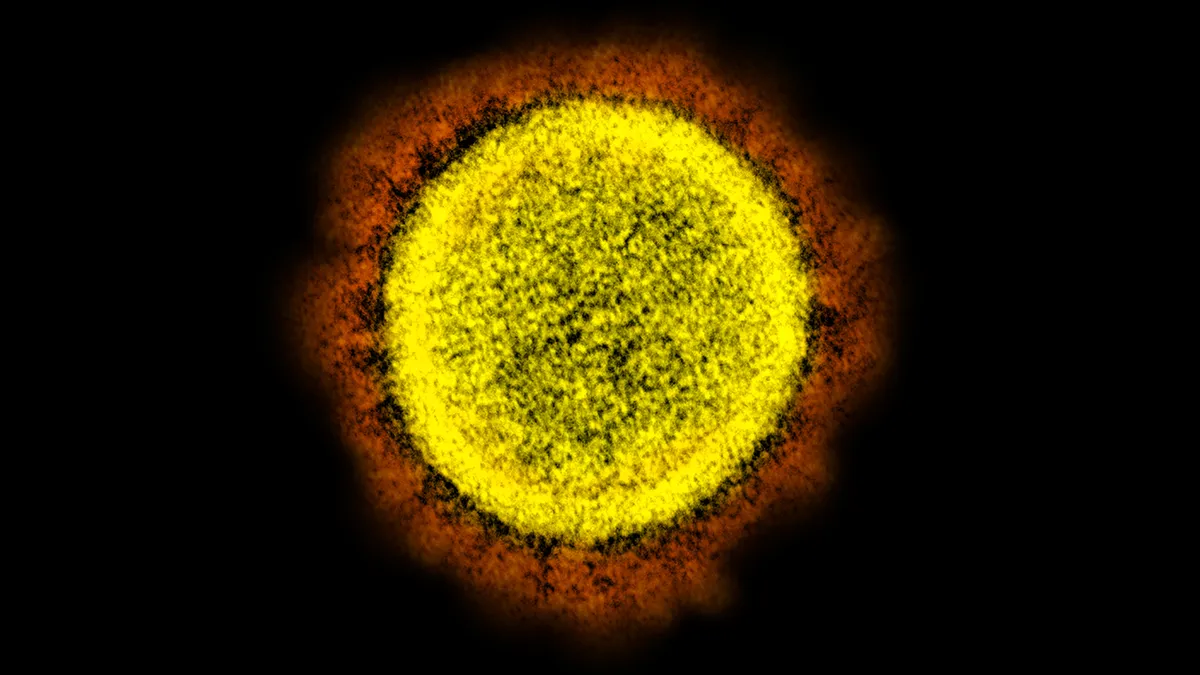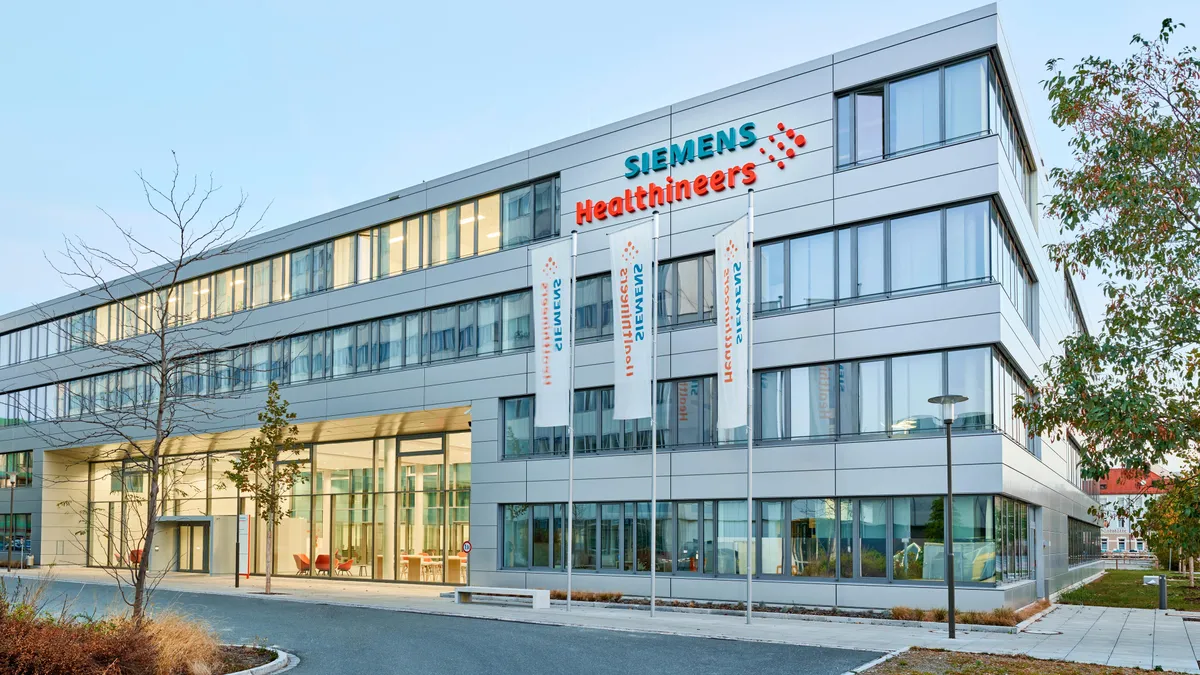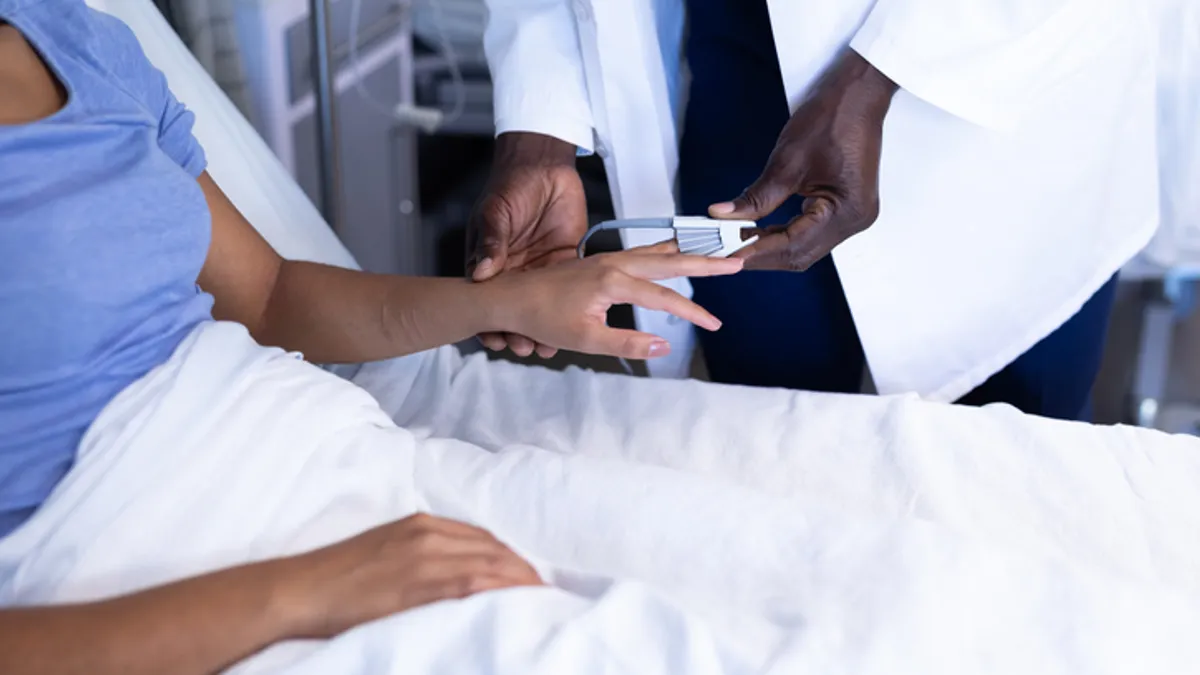The diagnostics industry is racing to add capacity as the delta-driven surge in COVID-19 cases increases demand for PCR tests and at-home rapid antigen kits.
Quest Diagnostics is adding testing platforms in regions with high demand while manufacturers of at-home tests such as Abbott and Quidel are ramping up capacity again after the early summer slump.
Demand for coronavirus tests plummeted over the first half of the year as the vaccine rollout brought the crisis under control in the U.S. However, since July the more transmissible delta variant has ripped through the country, most notably in areas with low vaccination rates. The nationwide seven-day average of new COVID-19 cases is now up to 167,000, more than double the level at the start of August.
If cases double again in September, they will far exceed the previous peak hit in January, putting further strain on coronavirus testing capacity. There are signs the current capacity is failing to capture all cases.
More than 10% of tests are now coming back positive. That is well down from the 20%-plus positivity rate seen early in the pandemic, when the U.S. was yet to scale up testing capacity, but up on the low of 2% seen in July and above the 5% targeted by the World Health Organization. The positivity rate is trending down but remains above 20% in some states.
Diagnostic companies are adding capacity to meet demand. Quest reported a modest rise in molecular diagnostic testing volumes, as well as an uptick in the positivity rate, on July 20. By August 17, with demand and positivity rates still climbing, Quest disclosed the addition of molecular test instruments at laboratories in areas of high demand. Quest issued a similar update at the end of the month, adding COVID-19 testing platforms in regions where demand is high.
At 100,000 tests a day, Quest's average activity across August was double the level predicted by analysts. LabCorp has switched to quarterly updates, making its operation more opaque, but it has reported increased testing volumes. As of the end of July, LabCorp had processed 45 million PCR tests, compared to around 51 million at Quest.
Other countries are using rapid antigen tests in mass-screening programs to control the spread of the virus. In the U.K., the government provides at-home tests and recommends people use them twice a week. The U.K. is currently running 11 tests per 1,000 people a day, down on its high of 19 but still more than three times the number in the U.S. As of May 26, the U.K. had reported almost 223,000 positive rapid antigen tests. In theory, each positive test could prevent multiple other cases.
Even the limited rapid antigen testing being done in the U.S. is stretching supplies. The Wall Street Journal reported shortages of at-home COVID-19 tests late last month as companies such as Abbott and Quidel scrambled to up output after seeing demand crater earlier in the year.
Abbott, which denied it destroyed antigen tests or usable components when sales sagged, has called the demand "unprecedented" and has begun ramping its manufacturing operation back up. An Abbott spokesperson told MedTech Dive that they are hiring again and "turning on" parts of the company's manufacturing network "that were idled or slowed when guidance changed and demand plunged."
BD and Quidel, two of Abbott’s competitors for the rapid antigen testing market, have respectively said there was "increased" and a "surge" in demand for their products in August.
Quidel on Wednesday reported a surge in demand for both its Sofia and QuickVue COVID-19 rapid antigen tests, while announcing that next week the company will make its at-home OTC QuickVue diagnostic available at more than 7,000 CVS Pharmacy locations in the U.S. and online.
"Over the last month, we have experienced a marked increase in SARS category revenues for the third quarter-to-date 2021 and have surpassed the total COVID-related revenue in the second quarter of 2021," said Quidel CEO Doug Bryant, who noted that the company is adding manufacturing lines and will reach its target run-rate capacity of about 70 million rapid antigen tests per month by the end of the year.
The demand should translate into increased sales but investors remain cautious for now. The stock price of Quidel, a bellwether for the rapid antigen space, has risen 23% over the past two weeks but, at $140 a share, is still down significantly on its 52-week high of almost $290.
The commercial impact of the delta surge, and management expectations of the sustainability of the sales opportunity, will become clearer when the financial results season gets underway late next month.

